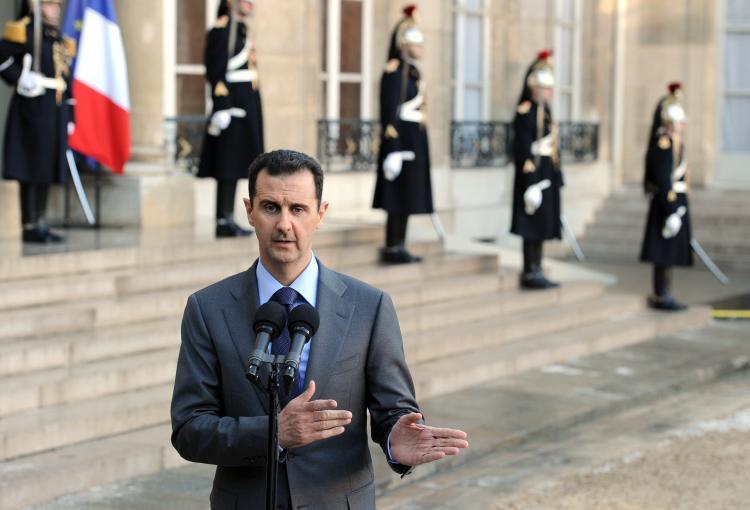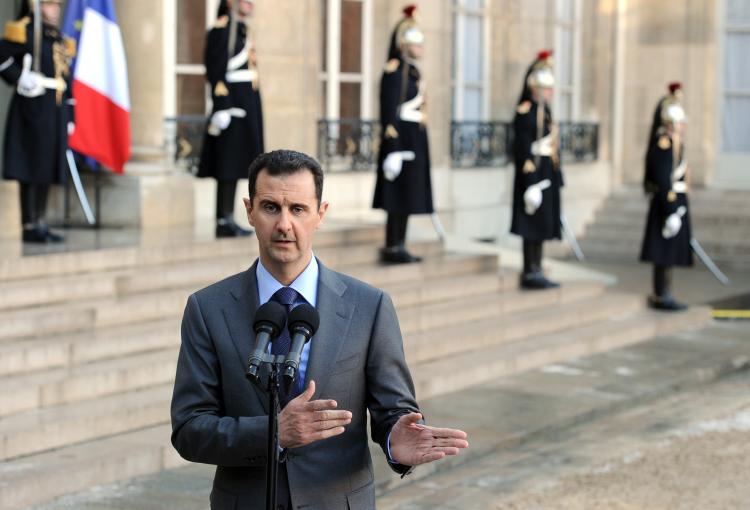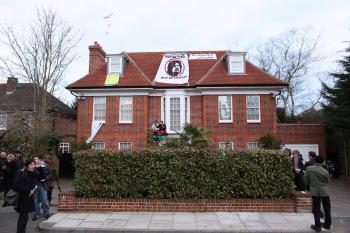Arab leaders are watching events in Egypt unfold with bated breath, wondering if their people will be next. Would-be demonstrators in Syria and Yemen have already announced dates for similar protests.
But the situation in each country differs, and the prospective of a repeat of Tunisia—where the people ousted their president—or of Egypt, where protests have been growing increasingly strong over the past week, are not high, according to Sylvia Maier, assistant professor at New York University School of Continuing and Professional Studies Center for Global Affairs. Maier gives her perspective on the likelihood of similar uprisings in other Arab countries.
Syria
Syria has been ruled by a military supported president for the past 10 years. Events in Tunisia and Egypt have stirred people in the country, leading anti-government protesters to schedule a demonstration Feb. 5. According to the Middle East Media Research Institute, the Syrians want better living conditions, free speech, and respect for human rights.
However, Syria, led by President Bashar al-Assad, is a strong police state with more censorship and government control than Jordan, Yemen, Egypt, and Tunisia, according to Maier. She said it is virtually impossible for the people to criticize the Syrian government. Moreover, the different types of social media that have played an important role in the uprisings in Tunisia and Egypt are lacking in Syria, she says.
Al-Assad described the situation in the region in an interview with the Wall Street Journal as “a kind of disease” resulting from stagnation in the countries and desperation of the people.
Yemen
People in Yemen have called for a demonstration Feb. 3. But the protest there will be different in nature than in Egypt, according to Maier. While people in Egypt are protesting their grievances of poverty and inequality against the political order, Yemen lacks political order. Yemen’s leader, Ali Abdallah Salih, has no legitimacy and holds power due to the support he enjoys from the military. According to Maier, he is in real danger of being replaced by the people. On Jan. 27, thousands gathered in Sana'a calling for his resignation.
Jordan
Jordan’s King Abdallah II dissolved Parliament on Tuesday and appointed a new prime minister after public discord with the government. Abdallah II has been in power for almost 12 years. According to Maier it is unlikely that an uprising will happen in Jordan because the country is not as repressive as Egypt and people’s grievances do not run as deep. The poor, and relatively conservative and well-treated population has ways to express its discontent.
Libya
An uprising is highly unexpected in Libya, and would likely be incredibly violent, Maier said. This is the result of 41 years of repression under Libyan leader Moammar Gadhafi. According to Maier, the population fears him and his military and he is willing to do anything to transfer his power to his son.
Algeria
Maier said that the small civil society that remains after French colonial rule in Algeria has resulted in small protests. As in Libya and Yemen the military has “no loyalty to the people at all.” The military will side with those “who can guarantee their continued power behind the scenes,” she said. And the military will not side with democracy and when given the chance will try to put in place a leader who will allow them to stay in power. Maier said it will be very interesting to see what unfolds in Algeria.



